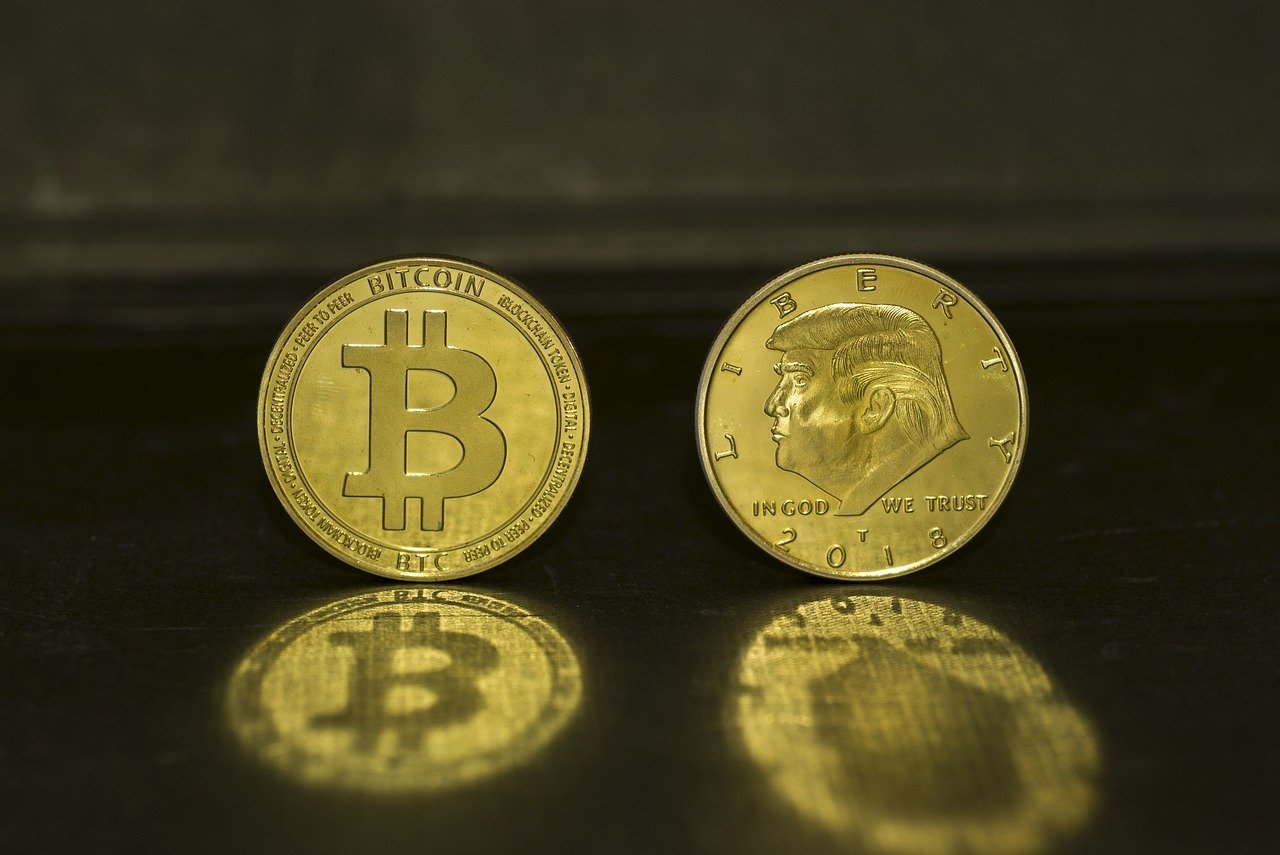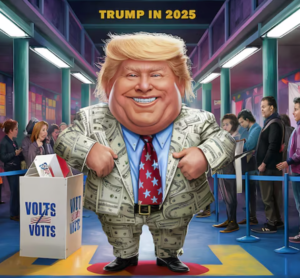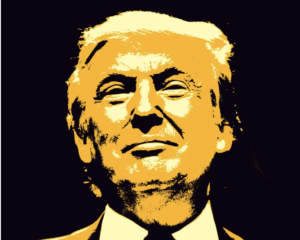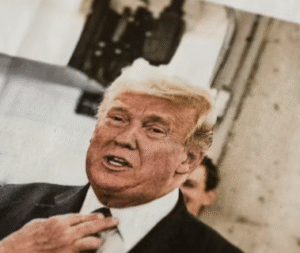#DonaldTrump #StormyDaniels #LegalTrouble #2016Election #BusinessRecords #SilencingScheme #PresidentialCampaign #PoliticalScandal
In a significant development that harks back to scandals from the 2016 presidential election, former President Donald Trump has been charged with falsifying business records. The charges pertain to an alleged scheme aimed at silencing adult film star Stormy Daniels to prevent her from disclosing a past affair with Trump before the crucial 2016 election. This case marks a critical juncture, highlighting the legal challenges that continue to surround the former president, involving not just his personal endeavors but potentially impacting his political endeavors and the broader political landscape in the United States.
The charges suggest that Trump’s organization may have manipulated business records to obscure the true nature of payments made to Daniels, aiming to ensure her silence during a time when public perception was vital. This alleged act of silencing through financial transactions underscores a complex interplay of power, money, and political influence. The implications of these charges are profound, not only painting a vivid picture of the lengths to which Trump’s team might have gone to protect his candidacy but also setting a precedent for how similar actions might be viewed and prosecuted in the future. It delineates a stark reminder of the legal boundaries that exist even for individuals in the highest echelons of power and the potential consequences of overstepping those bounds.
Beyond the immediate legal ramifications for Trump, the case reopens discussions about the role of money and influence in political campaigns, the accountability of public figures, and the transparency of their transactions. It begs the question of how such actions, alleged or proven, affect public trust in elected officials and the electoral process at large. This situation also prompts a broader reflection on the mechanisms in place to ensure that public figures, their campaigns, and associated entities operate within legal and ethical guidelines. As this case progresses, it will undeniably be watched closely, not just for its direct outcomes on Trump’s legal standing but for its wider implications on political ethics, campaign finance laws, and the integrity of democratic processes.
In summary, the charging of former President Donald Trump with falsifying business records as part of an alleged scheme to silence Stormy Daniels shines a spotlight on the intersection of money, power, and politics. It opens the floor for critical discussions about legal accountability and ethical conduct of public figures, the influence of money in political processes, and the robustness of the democratic system’s checks and balances. As this case unfolds, it will likely incite a broader examination of the standards to which public figures are held, the transparency of their financial dealings, and the overall health of democracy in the face of such challenges.







Comments are closed.